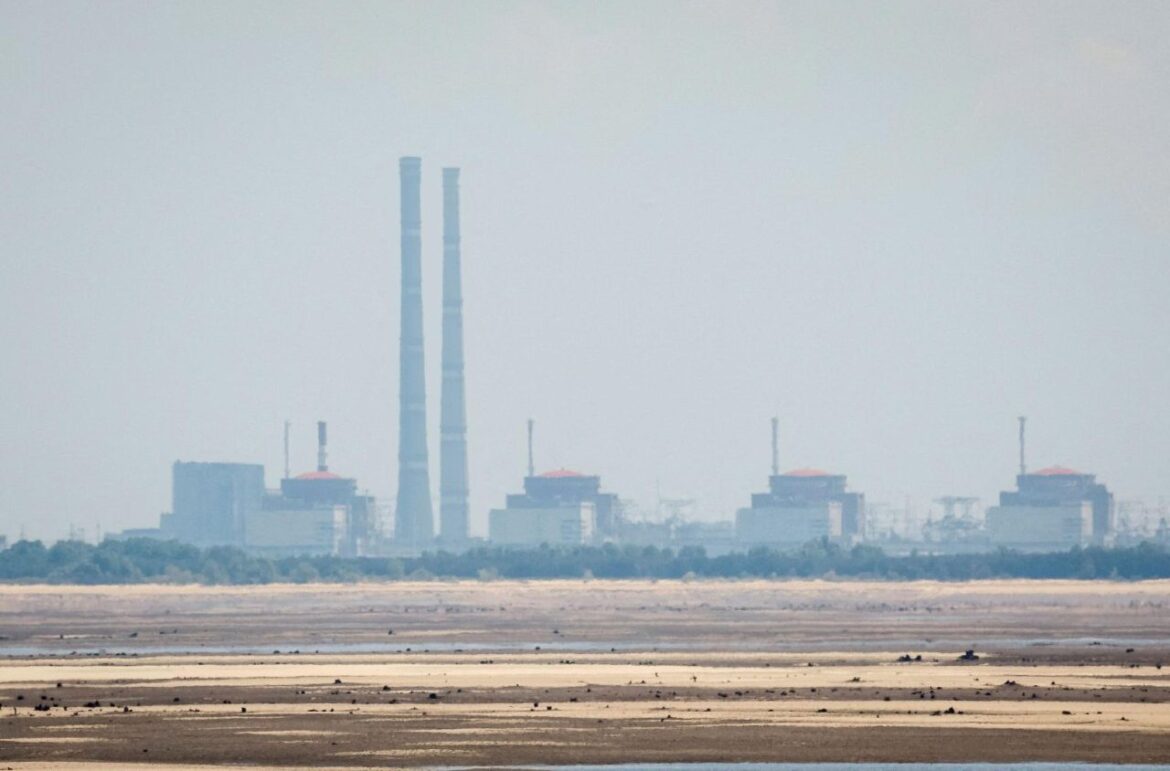
Msgr. Daniel Pacho, Undersecretary for Multilateral Affairs at the Secretariat of State, addresses the 69th General Conference of the International Atomic Energy Agency, saying the rise in military expenditures represents an “affront to all humanity.”
By Vatican News
Ensuring the peaceful use of nuclear energy while preventing the proliferation of nuclear weapons is “a moral imperative.”
The Holy See’s position on nuclear weapons was reaffirmed on September 16 by Msgr. Daniel Pacho, Undersecretary for Multilateral Affairs at the Secretariat of State.
After conveying Pope Leo XIV’s greetings to participants in the 69th General Conference of the International Atomic Energy Agency (IAEA), he expressed the Holy See’s appreciation for the “tireless” work of IAEA Director General Rafael Mariano Grossi and the members of the Secretariat, “even under challenging conditions.”
Contrast between military spending and basic needs
The duty to prevent the proliferation of nuclear weapons, Msgr. Pacho said, “is particularly evident in the current era, when the incongruity of allocating valuable resources to developing and accumulating nuclear weapons is starkly contrasted with the fact that so many people on this planet are struggling to survive.”
He voiced concern over rising military expenditures, especially on nuclear armaments, calling it “an affront to humanity as a whole, as a major nuclear confrontation would undoubtedly have an irreparable and devastating impact and result in unparalleled loss of human lives.”
Eighty years since Hiroshima and Nagasaki
Recalling the 80th anniversary of the nuclear bombings of Hiroshima and Nagasaki, Msgr. Pacho reiterated the Holy See’s commitment to the founding principles of the United Nations, the IAEA, and to disarmament.
Nuclear weapons, the Undersecretary stated, “are indiscriminate, disproportionate, and fundamentally incompatible with humanitarian and ethical principles by their very nature. Furthermore, their possession and stockpiling can only further aggravate fears, provoke unjustified reactions, and create unprecedented risks.”
According to the Holy See, respecting the IAEA’s monitoring missions and verification activities “is critical today in order to rebuild the mutual trust needed to resume dialogue, build peace and ensure security at a regional and global level.”
Concerns from Ukraine to the Middle East
Msgr. Pacho expressed concern over the “dreadful war in Ukraine” and the crisis in the Middle East, while noting that militarily targeting Iran’s nuclear facilities “has the potential to lead to further escalation, making the situation even more sensitive.”
Citing the words of Pope Leo XIV, the Undersecretary reaffirmed “the need to give new life to multilateral diplomacy” and international institutions tasked with resolving disputes, while simultaneously halting “the production of instruments of destruction and death.”
In this sense, Msgr. Pacho observed, the IAEA is “the model of multilateralism,” more important than ever in an increasingly fragmented world.
Civil nuclear use
Finally, the Undersecretary distinguished the use of nuclear technologies for peaceful purposes in medicine, climate change, agriculture, water management, and energy.
“Such use,” he specified, “must always be guided by robust regulatory frameworks that are based on ethical principles: safety, transparency, intergenerational justice, and care of creation.”

